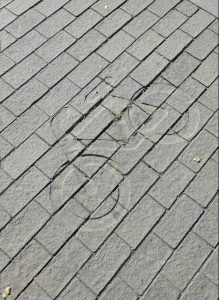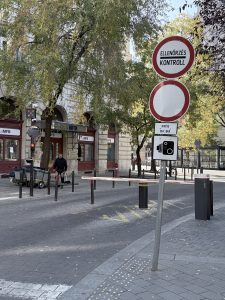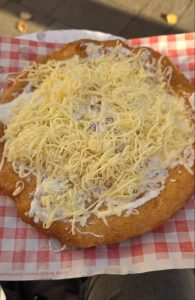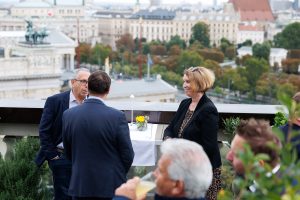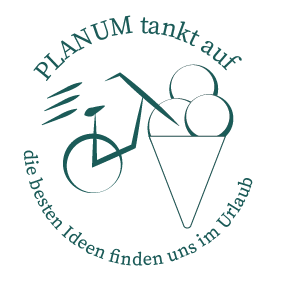Even though we currently have a short break from hot temperatures, we experienced several hot days very early on this summer. Accordingly, PLANUM has made adjustments in all kinds of areas at its office locations in Vienna, Graz and Klagenfurt in order to survive the heat.
Heat can also cause changes in mobility behavior:
A study from Rotterdam on the use of environmentally friendly means of transport (e.g. cycling or walking) shows how the weather influences the choice of means of transport. When the sky is cloudy, there is strong wind and precipitation, the travel experience is rated worse than when the sky is clear, there is little precipitation and the air temperature is high. However, this tendency in the evaluation of the travel experience can only be observed up to temperatures of 25 degrees. [ 1] Above 25 degrees, mobility is then increasingly covered by air-conditioned means of transport such as public transport or cars. [2]
Particularly in view of the hotter summers and increased heavy rainfall events that we are facing, these issues must be increasingly taken into account in transport planning. In addition to the factors of cost and time, sustainable transport infrastructure must also be evaluated in terms of the experience of the journey in order to promote the use of environmentally friendly means of transport:
Footpaths must be planned with shading.
If possible, cycle paths should not be planned next to busy roads. This avoids splashing water in the rain or additional heat from cars and improves the cycling experience.
Infrastructure for retention and evaporation of water masses must be provided.
Public transport waiting areas must offer shade and protection from the rain
[1] 2016, Böcker L. et al: Weather, transport mode choices and emotional travel experiences. In: Transportation Research Part A: Policy and Practice 94 (2016), pp. 360-373
[2] 2013, Böcker L. et al: Impact of Everyday Weather on Individual Daily Travel Behaviors in Perspective: A Literature Review. In: Transport Reviews 33 (2013), pp. 71-91

